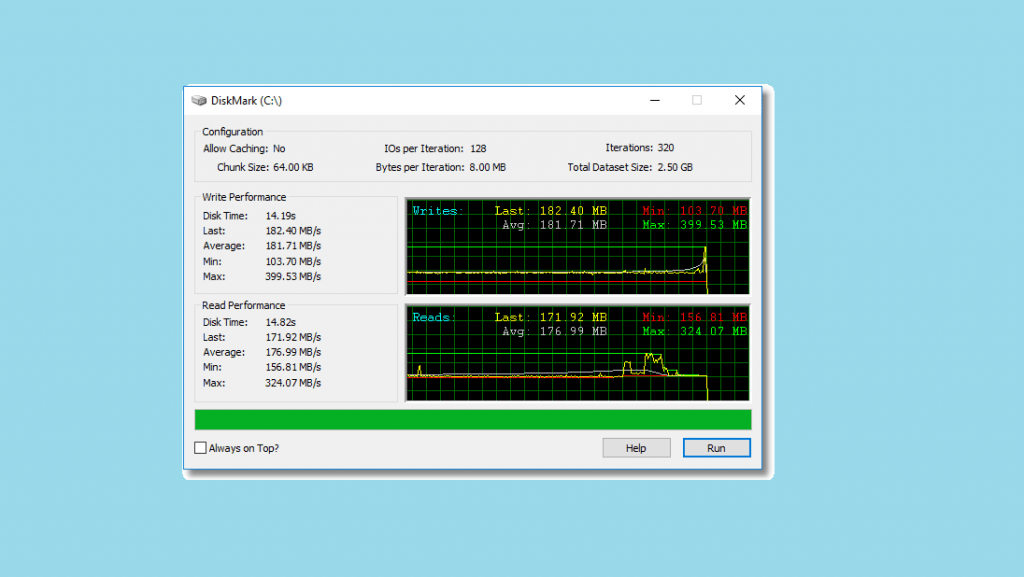

#DISKMARK 64 CODE#
If you write good code that follows standard idioms and recommended practices, adding 64-bit support later (if it ever does prove to be of some benefit for your case) would be a fairly trivial operation. Since you'll only be building a single binary, this would greatly simplify development and distribution efforts, not only in terms of figuring out which DLLs to reference, but also the amount of code you need to test and the distribution process itself. So to do this, you just set your project to target x86 platforms, and reference 32-bit DLLs exclusively. Visual Studio itself is an excellent example: it's still 32-bit code, but runs fine even on 64-bit versions of Windows, thanks to WOW64. Lots of applications are deployed this way. It's entirely seamless, and there are virtually no compatibility problems to speak of. This is because all 64-bit versions of Windows include a special subsystem ( Windows-on-Windows, or WOW64) that runs 32-bit code. You can build and distribute only a 32-bit version (x86) and it will still run on all machines, regardless of whether they are running a 32-bit or 64-bit version of Windows.

Most line-of-business applications (which I can assume is what you're building, since you're generating reports from it) do not really benefit from being 64-bit. You might re-consider whether you really need a 64-bit version of your application. I know this isn't technically an answer to your question, but since it still remains unanswered even after having set a bounty, I thought I might suggest it anyway…


 0 kommentar(er)
0 kommentar(er)
